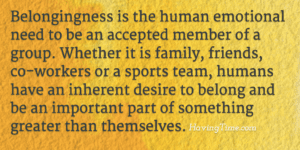
Some of the congregations I interact with are growing, but most are in decline. Membership, attendance, energy, enthusiasm, and financial support shrink slowly over time. Some of these declining congregations—the ones who think they can’t be a church without their building, for example, or who want to keep doing exactly what they’ve always done but hope that someone else will step up to take over the work—leave me praying for a quick end. But others—the easygoing ones that are adaptable, kind to each other, and generous with their neighbors—are a delight.





